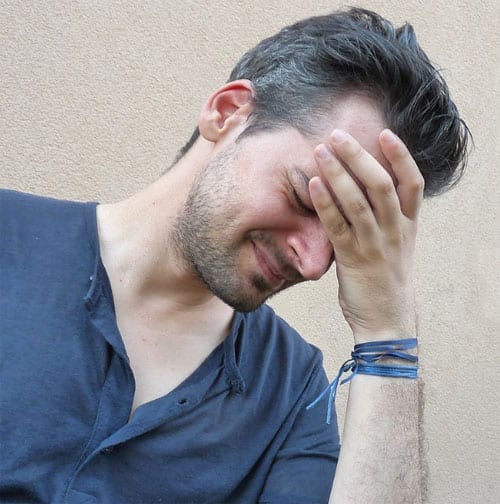For many, a headache is a rarity. It might follow a night of excessive celebration, a long day at work, or a difficult conversation with a family member. But for others, headaches pose a chronic problem—always a possibility and always totally disruptive of normal, daily activity when they occur. Scientific research on the benefits of massage and massage chairs on chronic headache is still in its infancy, but the results so far are very encouraging.
According to studies cited in PubMed Central® (PMC), a full-text archive of biomedical and life sciences journal literature at the U.S. National Institutes of Health’s National Library of Medicine, massage therapy yielded promising results for chronic tension headaches, including migraine headaches. Published results found that, “compared with baseline values, headache frequency was significantly reduced within the first week of the massage protocol. The reduction of headache frequency continued for the remainder of the study.” And not only frequency: the same research also found that the intensity of headaches was reduced by massage therapy.
Why might this be so? While the exact nature of the causes of tension headaches remains unclear, the study found evidence to suggest that some forms may originate from sustained contraction of muscles associated with the head and neck. Just the sort of activity that comes with sitting in front of a computer. Massage therapy, including a massage chair, can stimulate affected muscle groups and thereby ease pain and bring relief. Furthermore, because massage therapy techniques increase blood flow to tissue, massage may also reduce the activity of muscular trigger points associated with headache.
We all know how comforting it is to receive an embrace when we’re in pain. Slip into the arms of a premium massage chair and discover a reliable, always-available source of comfort and relief from the pain of tension headaches.
Quinn, Christopher, et al. “Massage Therapy and Frequency of Chronic Tension Headaches.”American Journal of Public Health, © American Journal of Public Health 2002, Oct. 2002, www.ncbi.nlm.nih.gov/pmc/articles/PMC1447303/.



